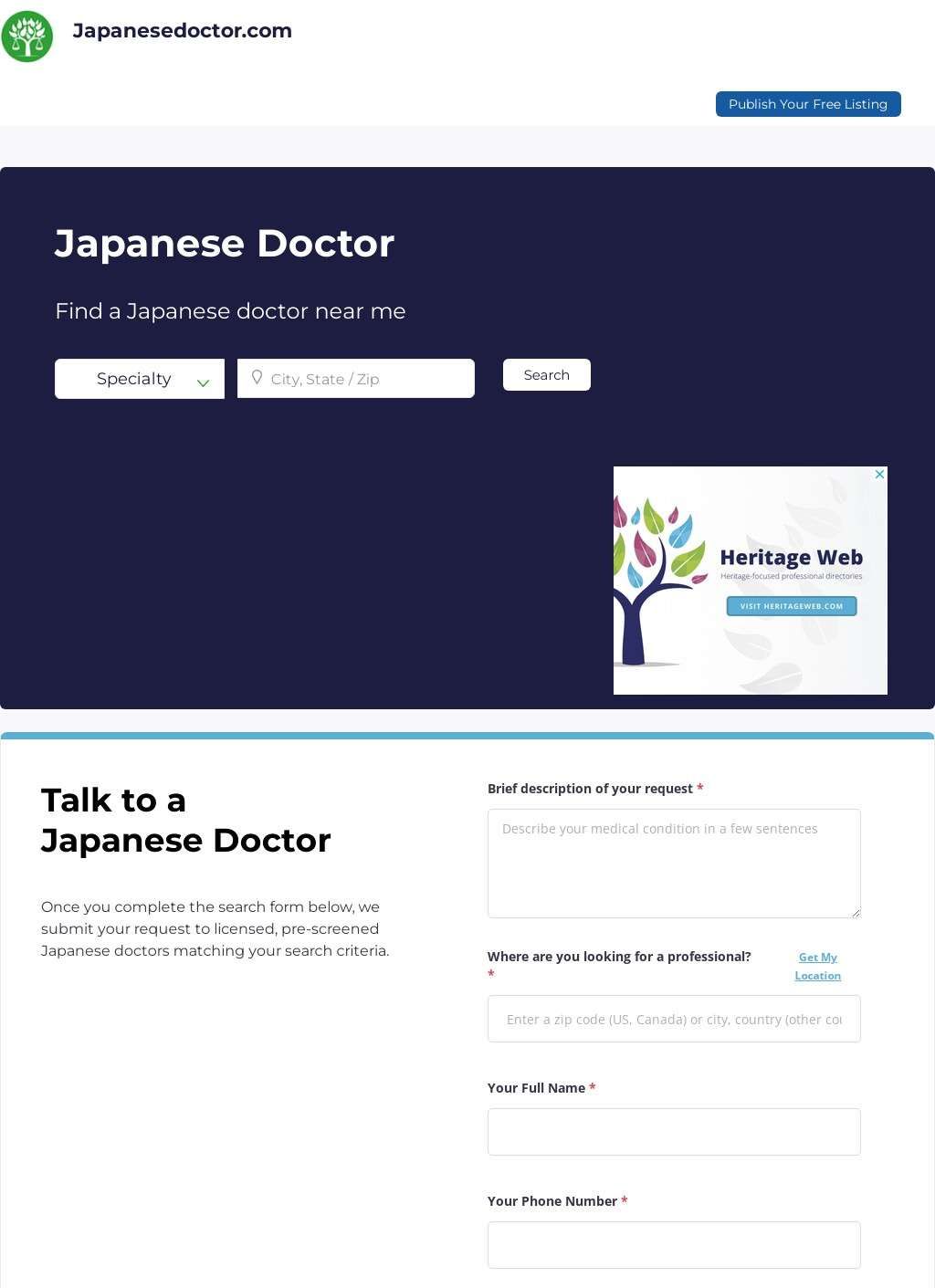Japanese medicine, deeply rooted in tradition and innovation, offers a fascinating glimpse into the world of healthcare. This ancient yet evolving system is characterized by unique principles and practices that distinguish it from Western medicine.
One fundamental aspect of Japanese medicine is its holistic approach. It views the body as an interconnected system where physical, mental, and spiritual well-being are intertwined. This perspective guides both diagnosis and treatment, emphasizing the importance of balance and harmony.
Traditional Japanese therapies, such as acupuncture and herbal medicine, have gained global recognition. Acupuncture involves the insertion of fine needles into specific points on the body to stimulate energy flow and alleviate various ailments. Herbal medicine, known as Kampo, utilizes natural remedies to address health issues.
Another distinctive feature is the concept of "Ki" or "Qi," often described as life energy. Japanese medicine seeks to harmonize and enhance the flow of Ki throughout the body, promoting health and vitality. Techniques like Reiki, a form of energy healing, are rooted in this principle.
The Japanese approach to diet and nutrition also plays a vital role in maintaining health. Washoku, the traditional Japanese diet, emphasizes fresh, seasonal ingredients and a balance of flavors. This culinary philosophy is believed to contribute to longevity and well-being.
Japan's healthcare system combines traditional practices with modern medicine. Patients have access to cutting-edge treatments and technologies while retaining the option to explore alternative therapies. This blend of ancient wisdom and contemporary science sets Japanese medicine apart.
In conclusion, Japanese medicine is a captivating blend of tradition and innovation, focusing on holistic well-being, energy balance, and a unique approach to healthcare. Its influence extends beyond Japan's borders, making it a subject of global interest and study.
